Soso Dumbadze, Furqat Palvan-Zade
Fotograf Festival 2024: Make Voices Be Heard, Chapter Three
curated by: Noemi Smolík & Adam Vačkář
11 October – 2 November 2024
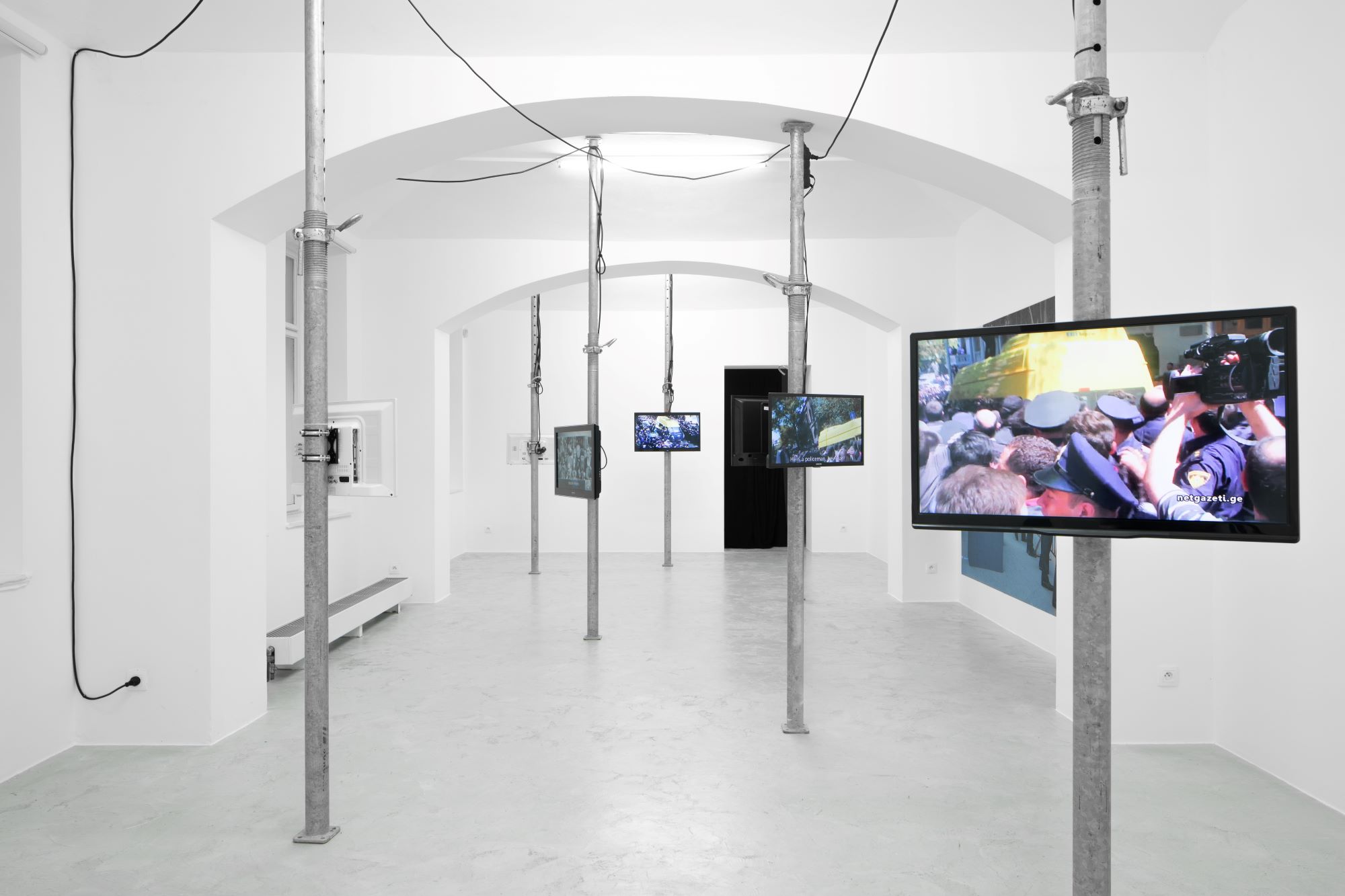
Soso Dumbadze, view of the installation A Yellow Bus
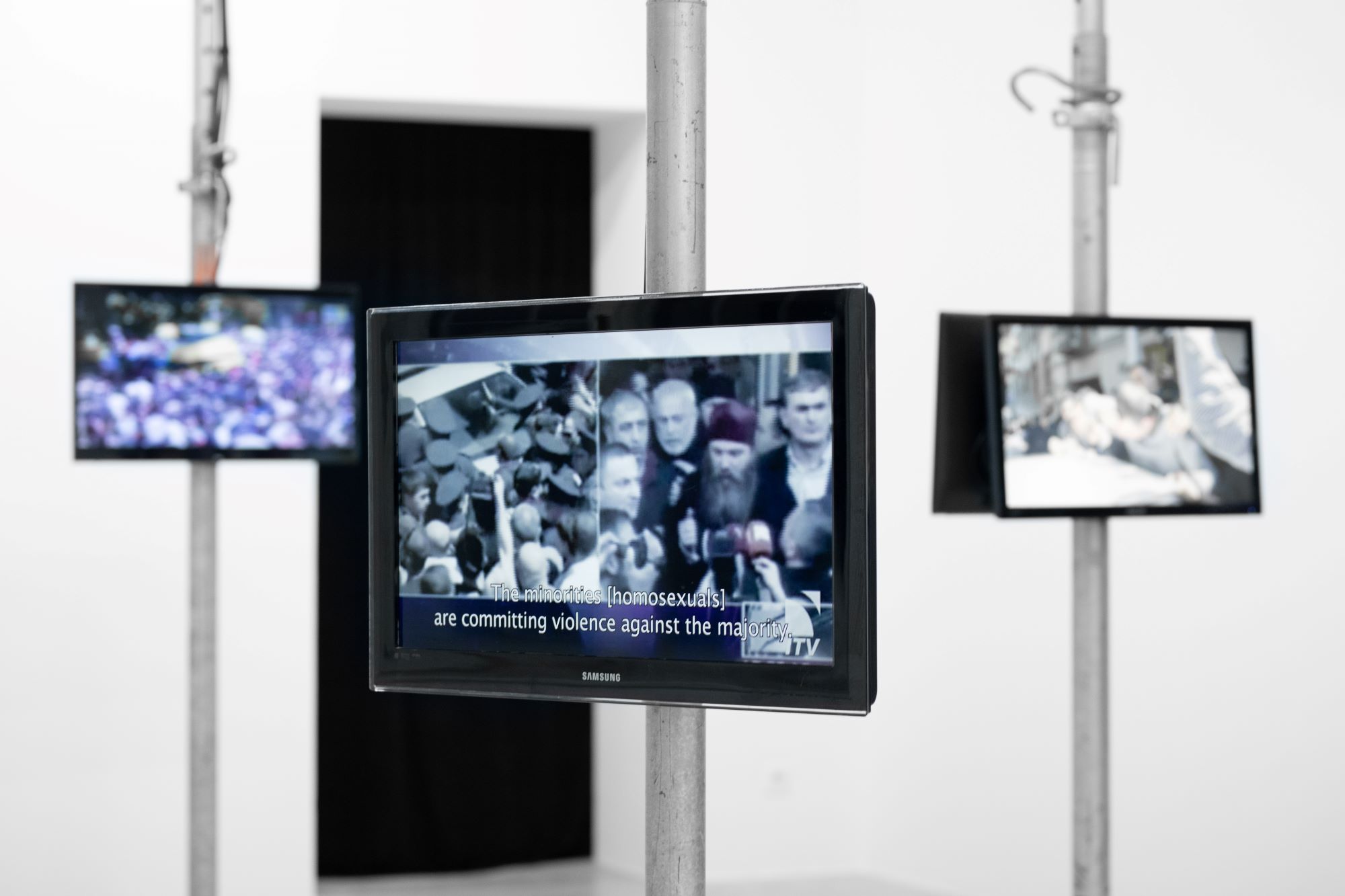
Soso Dumbadze, A Yellow Bus

Soso Dumbadze, A Yellow Bus
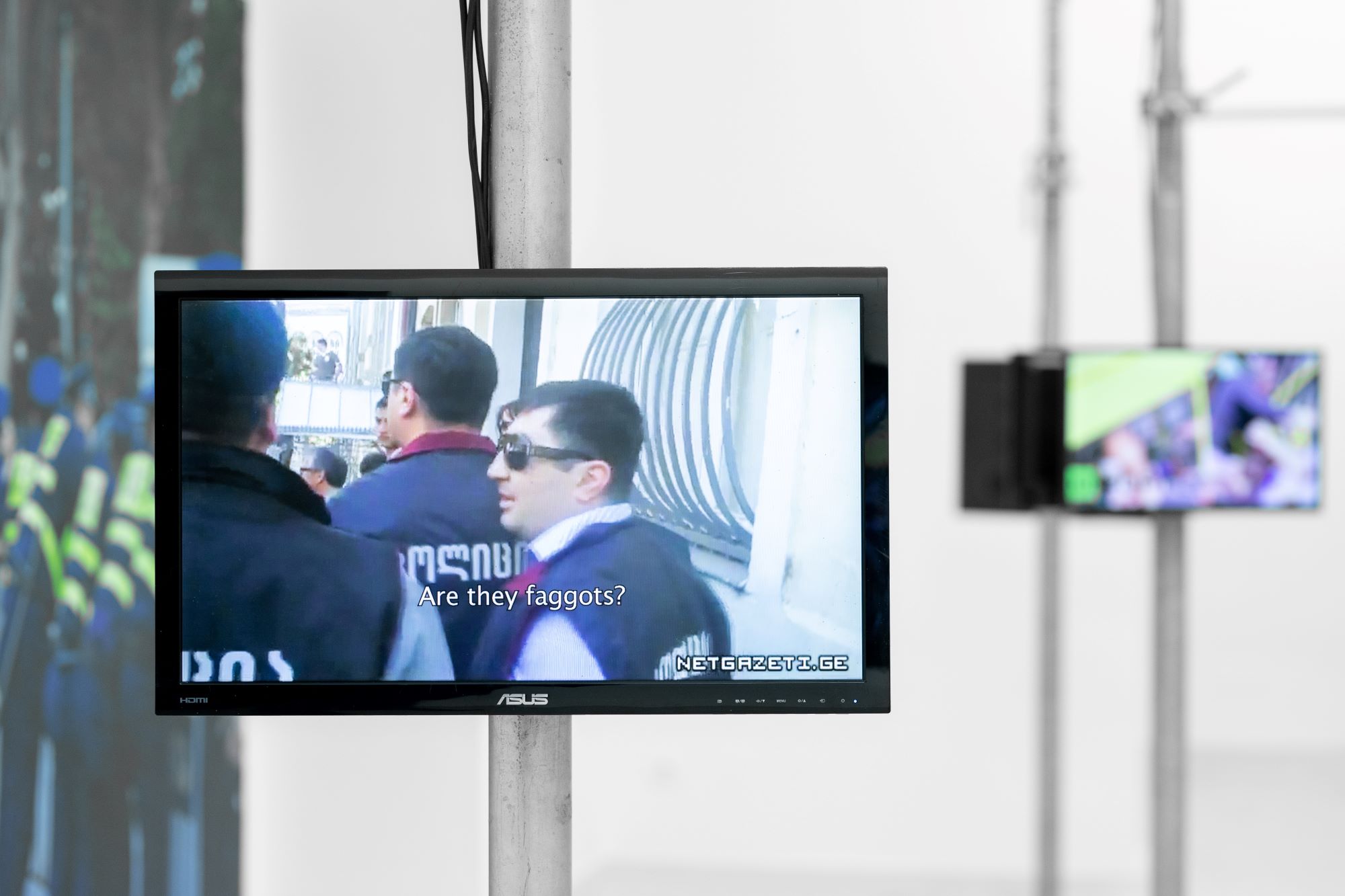
Soso Dumbadze, A Yellow Bus
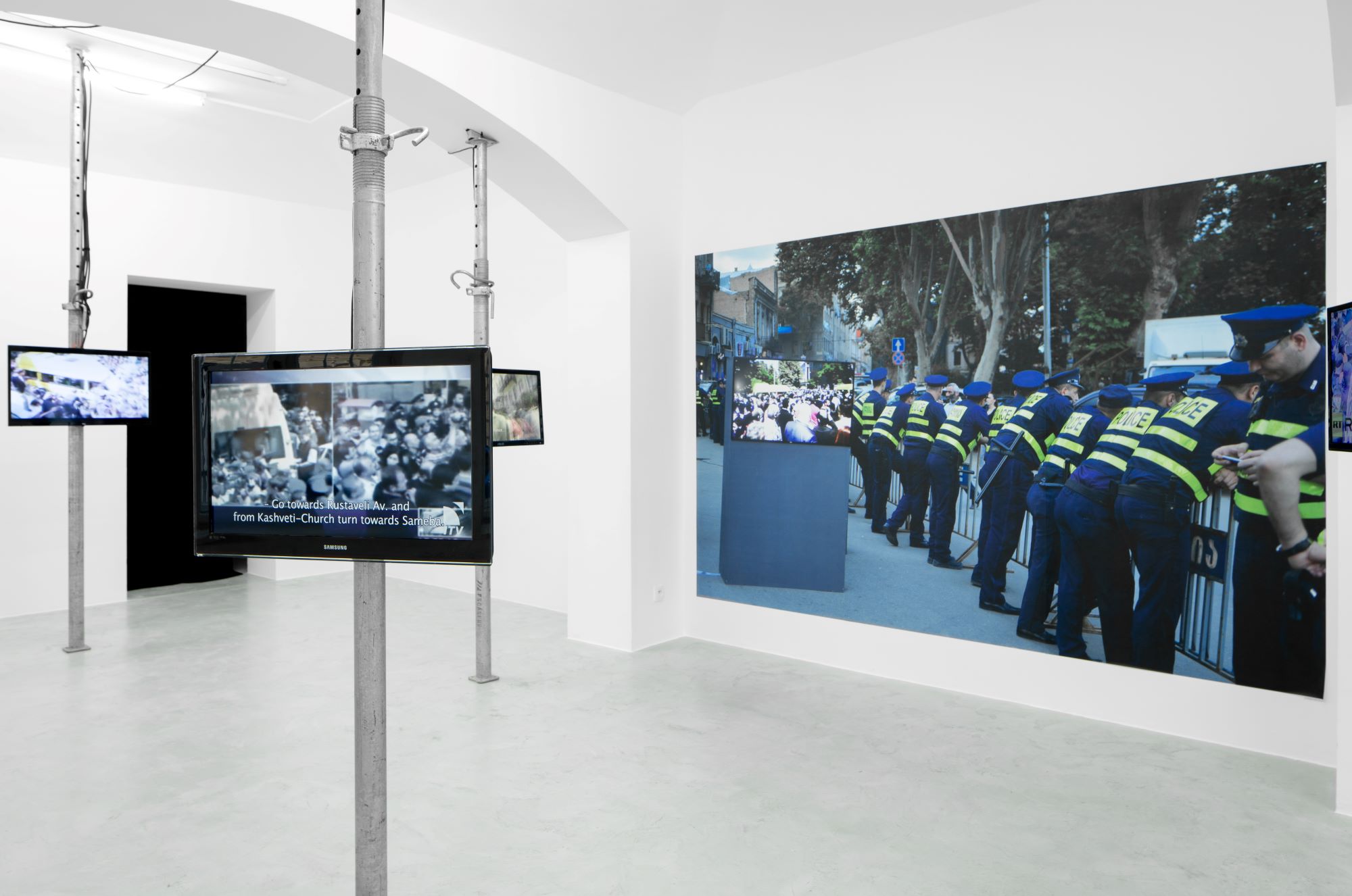
Soso Dumbadze, A Yellow Bus
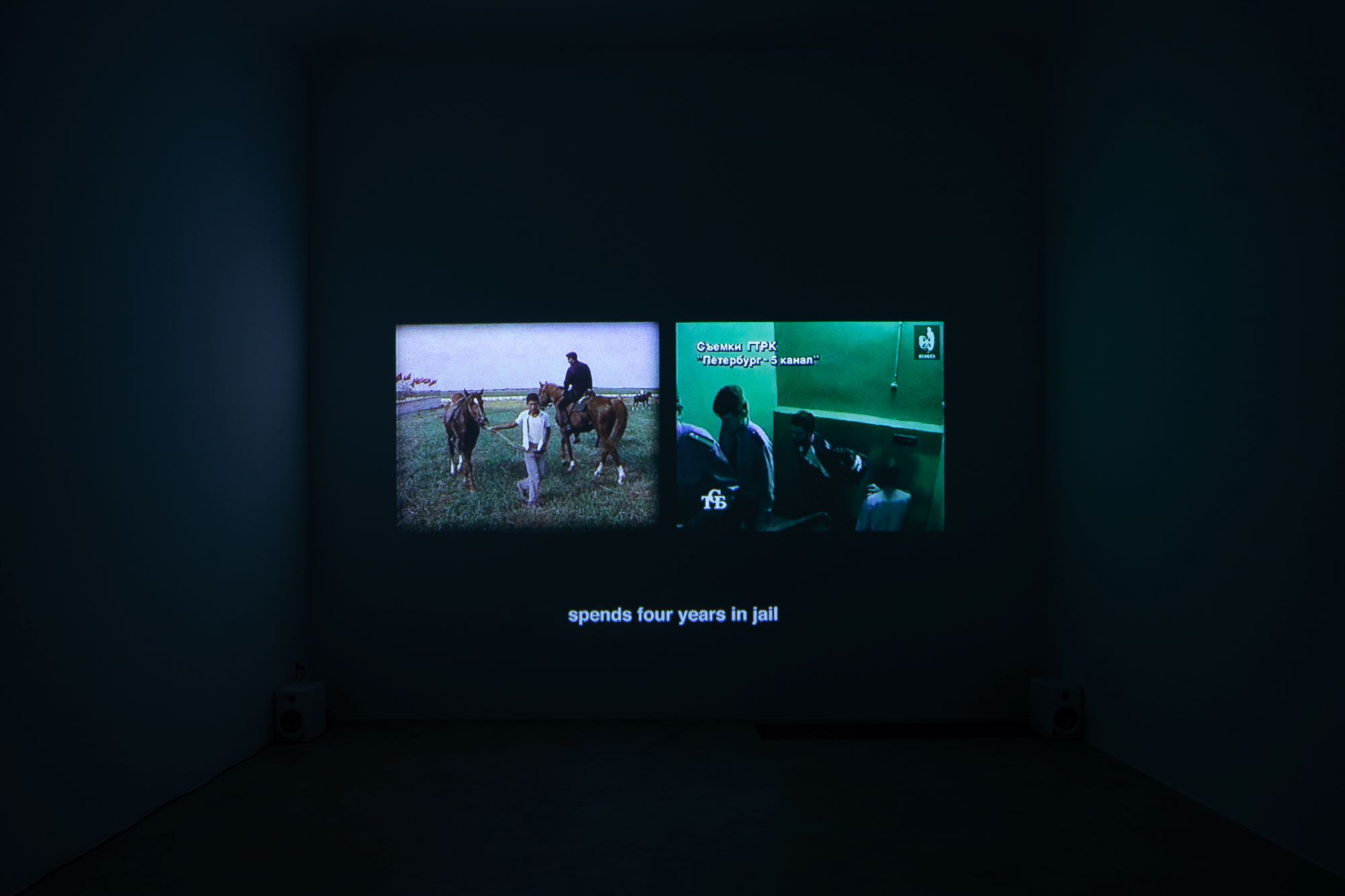
Furqat Palvan-Zade, The Ball and the Polo Stick or the Book of Ecstasy
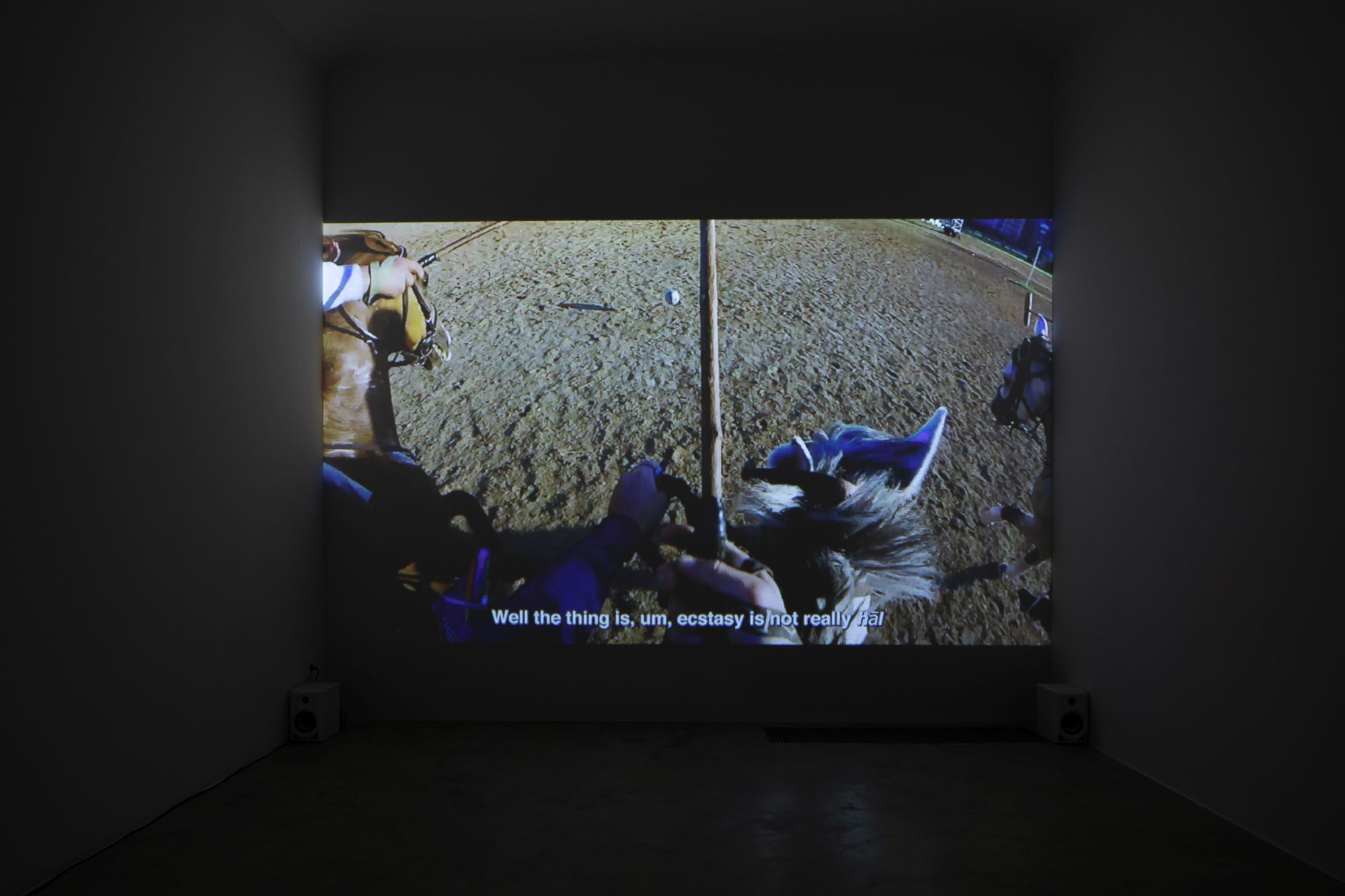
Furqat Palvan-Zade, The Ball and the Polo Stick or the Book of Ecstasy
hunt kastner is very happy to be cooperating on the 14th edition of the Fotograf Festival and presenting the work of two artists, Soso Dumbadze and Furqat Palvan-Zade. The 2024 Festival, curated by Noemi Smolík & Adam Vačkář, will take place at multiple sites throughout the city.
Chapter Three, which takes place at hunt kastner, opens with the nine-channel video installation, A Yellow Bus (2018), by Soso Dumbadze from Georgia that reconstructs an installation presented in the streets of Tbilisi in 2018, documenting an event that took place five years earlier in the same place. On May 17th, 2013, on the International Day Against Homophobia, a fanatical crowd a thousand strong led by an Orthodox priest attacked a group of around forty peaceful protesters for LGBT rights. The protesters had to run for cover in yellow police vans, but they were still not safe. The aggression with which the crowd turned on the small group surprised both the protesters and the police. As there was a threat of the masses attacking the installation, the event had to be called off. It could only take place three weeks later, with the presence of around a hundred policemen.
In the back room of the gallery, will be presented the 23-minute film The Ball and the Polo Stick or the Book of Ecstasy (2022) by Furqat Palvan-Zade, who was born in Tashkent, Uzbekistan. Starting off from a fascination with the eponymous 15th-century Persian text, Palvan-Zade embarks on a journey across Central Asia, which leads him to the nomadic nations that invented the game of polo, now considered the symbol of British colonialism. Entwined in poetic Sufi metaphors, the film features tsarist imperial generals as well as the modern Russian oligarch who stole this manuscript. The film tells of the power games between Western European powers and Russian imperialism in this region, racist prejudices, and projections tinged by orientalism that seem outright absurd from today’s decolonised perspective.